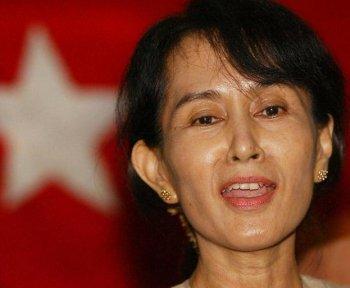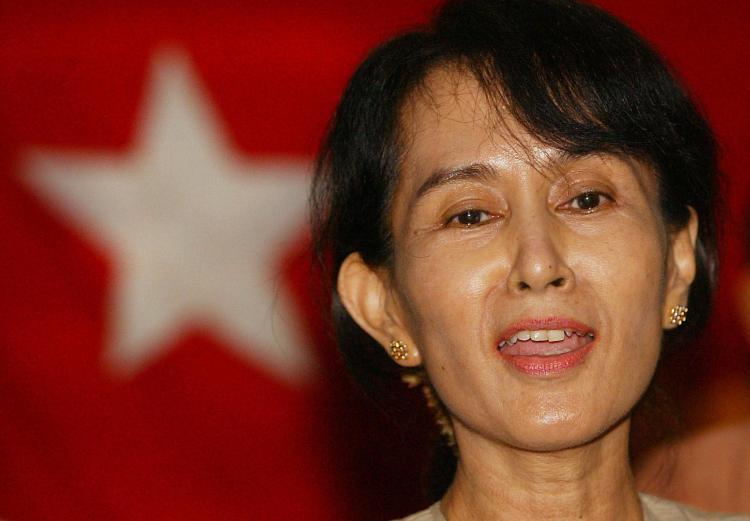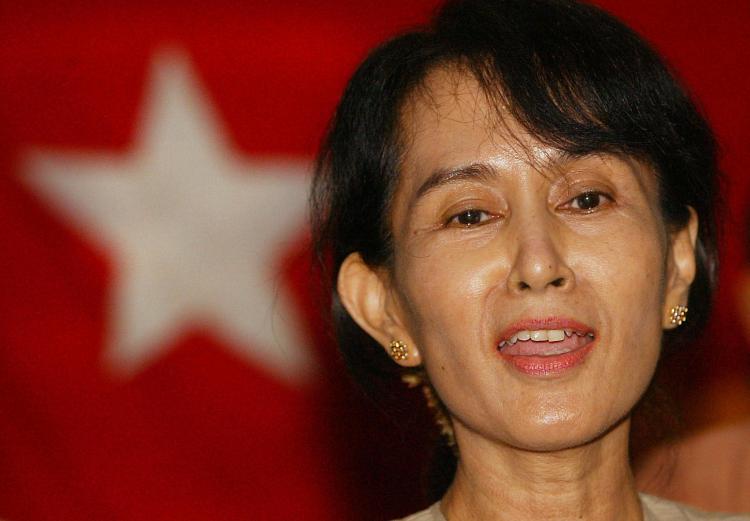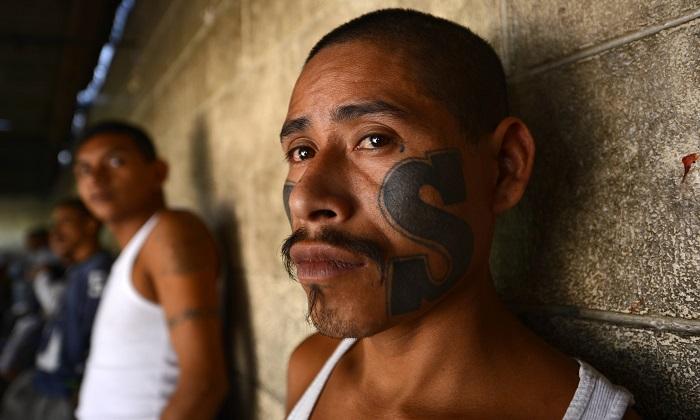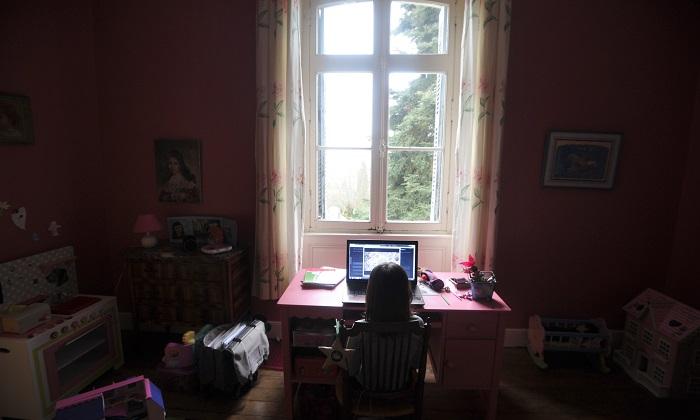[ In Burma, Aung San Suu Kyi Appeal Rejected - NTDTV ]
BANGKOK—On the day of Burma’s first elections in 20 years, which critics say are designed to secure the military junta’s grip on power, Burmese democracy icon Aung San Suu Kyi remained under house arrest.Six days after Sunday’s poll, the 65-year-old Suu Kyi is due to be released by the junta, but observers say there is little guarantee that her freedom will be realized and even if it is, there are concerns for her safety.
“If the junta lets her out, it won’t be out of love for her, or respect for her, or an appreciation of her freedom—the military will let her out for strategic calculations,” said Maung Zarni, a Burmese activists and scholar attached to the London School of Economics.
“[Her freedom] depends on a number of factors,” he said. “If things pan out as the military regime wants, they may feel a little bit confident, and in that scenario they may release her. But there are elements in the regime which think that she is too much of a headache for them and they want to get rid of her, so there are generals in the regime who basically want her dead.”
Zarni added that if the military want to keep the 1991 Nobel Peace Prize winner detained, they can easily find or make up an excuse.
Suu Kyi has been held in various types of detention for most of her time following Burma’s last election in 1990 when her party, the National League of Democracy (NLD), won over 80 percent of the seats in the Burmese Parliament, a result that was ignored by the military who refused to hand over power.
She was released from house detention unconditionally in 2002 and in the following year while travelling across the north of the country, her NLD convoy was attacked by a junta led mob; over 70 NLD supporters were killed in what is known as the Depayin Massacre. Suu Kyi’s second in charge was severely injured and she herself only managed to escape. Despite an international outcry Suu Kyi and other NLD leaders were arrested several days later.
“[From what] we saw with the Depayin events we will always be concerned for her safety and for the other people who are imprisoned,” said Donna Guest, the deputy director of Amnesty International’s Asia-Pacific Program.
“What I have seen over the last 20 plus years is cycles of Aung San Suu Kyi and other activists being released and they start speaking out and at a certain point they get locked up again,” she said. “There’ve been a number of trials and dozens of prisoners of conscience were handed unbelievable sentences of 60 to 100 years. Effectively [the military] locked up the whole entire opposition,” Guest said.
Amnesty says that at least 2,200 political prisoners are currently being held by the junta.
Despite Suu Kyi’s lengthy detainment she remains immensely popular across the impoverished country.
“Aung San Suu Kyi continues to enjoy the support of the people,” said Soe Aung, from the Forum for Democracy in Burma. “Thanks to the exile media … the Burmese people can hear and follow the news so she continues to enjoy the support and popularity of the people,” he said.
Continued on the next page...
